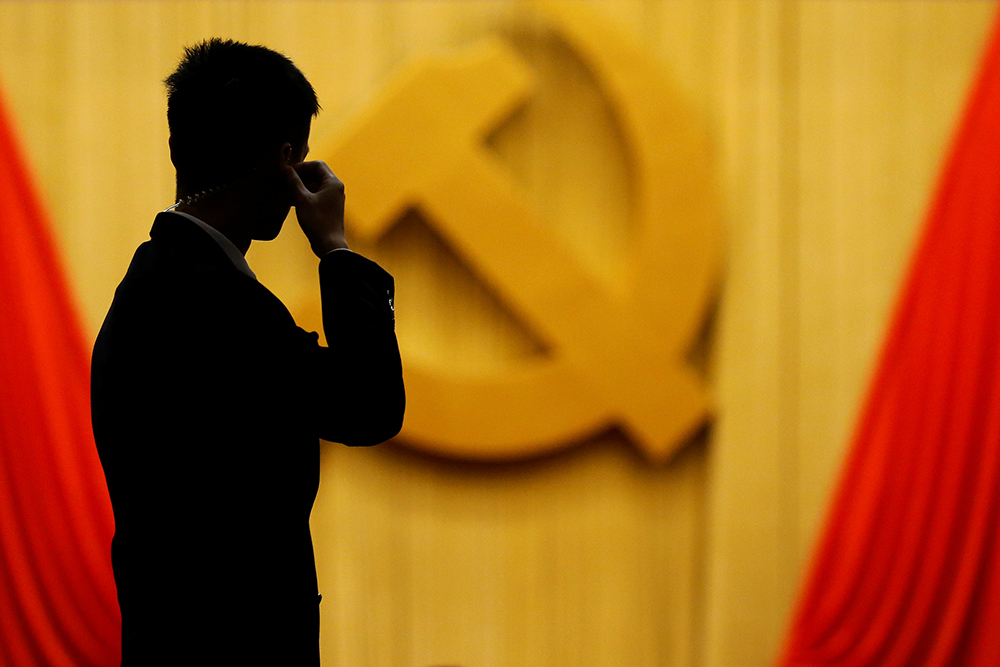
The latest round of talks aimed at ending the trade war between the United States and China has finished as the threat of another huge wave of tariffs approaches.
Oglas
Negotiators from the two countries have been trying to strike a deal before March 2, when the US government is due to raise tariffs on $200 billion of Chinese goods from 10 percent to 25 percent if no agreement is reached.
The world's top two economies imposed tariffs on huge swathes of each other's exports last year, causing major disruptions for businesses, rattling financial markets and endangering global growth.
It wasn't immediately clear how much progress was made at this week's discussions in Beijing. A US official told CNN the talks had ended but didn't comment further. The US delegation was led by Trade Representative Robert Lighthizer and Treasury Secretary Steven Mnuchin, while Vice Premier Liu He was China's top negotiator.
Oglas
Mnuchin tweeted that the two sides had "productive meetings" and posted a group photo of the negotiators. Chinese president Xi Jinping met with the US delegation on Friday.
Optimism had risen among investors this week that some kind of agreement could be reached. But on Friday, stocks in Shanghai and Hong Kong fell more than 1% as it remained unclear how the talks were playing out.
Hannah Anderson, a strategist at investment firm JPMorgan Asset Management, said a best-case scenario would be a postponement of the hike in US tariffs.
That reflects "how eager markets, fatigued after a year of trade headlines, are to move trade issues to the back burner," Anderson said.
Oglas
US President Donald Trump said Tuesday that he's willing to extend the tariff deadline if it appears the two sides are close to a deal.
Trump has previously made clear that he is the chief negotiator when it comes to China, and that no final agreement will be reached until he meets Chinese President Xi again in person. The latest series of talks began after the two leaders agreed to a truce in the trade war at a meeting in Argentina on December 1.
The two sides have struggled to figure out how to address US complaints that China steals intellectual property and forces American companies to hand over valuable technology in order to do business in the country.
Kakvo je tvoje mišljenje o ovome?
Učestvuj u diskusiji ili pročitaj komentare
Oglas
Kakvo je tvoje mišljenje o ovome?
Učestvuj u diskusiji ili pročitaj komentare
Oglas





 Srbija
Srbija
 Hrvatska
Hrvatska
 Slovenija
Slovenija



























































